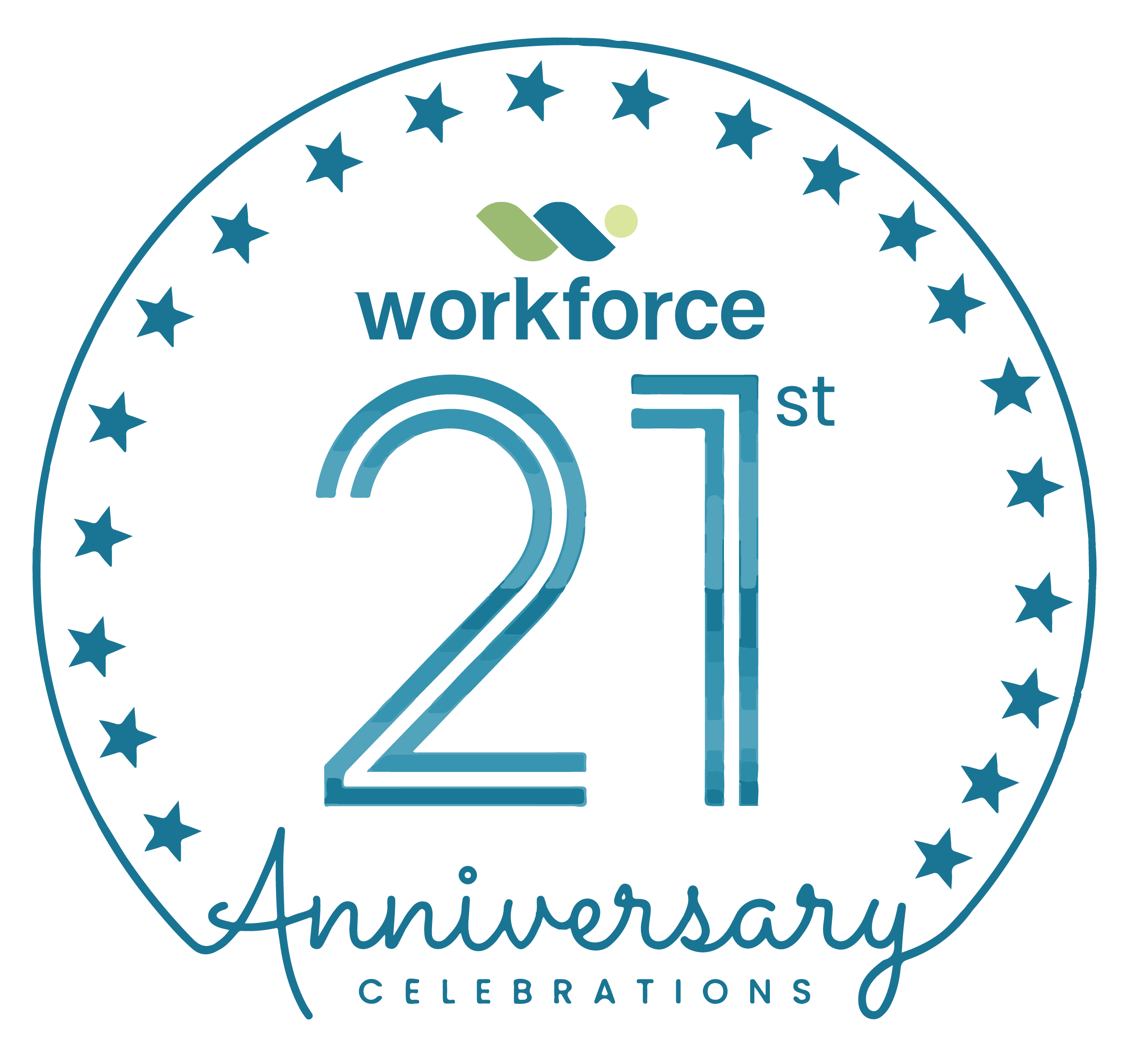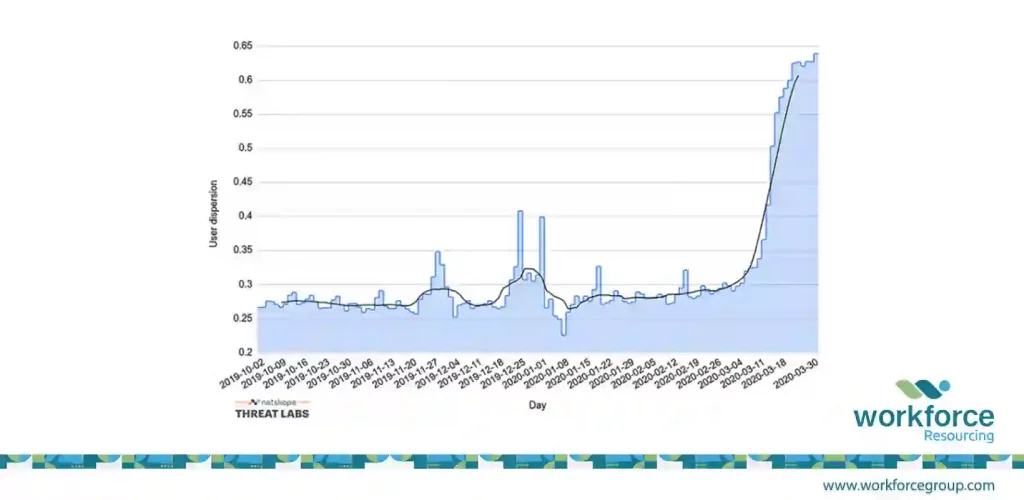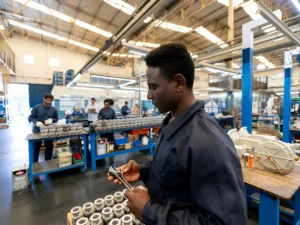“Tips for conducting remote interviews and making the best use of your remote hiring process.”
This is undoubtedly a challenging and uncertain time for us all as we try to navigate through the biting impact of the COVID-19 pandemic.
Every organisation around the world has had to adopt several methods to ensure business continuity while also playing safe with their most valuable asset – the right people. There is a steep spike in the number of remote workers, and the future of work might have been forever changed.
One of the essential business functions of every organisation is recruitment. And with the current measures aimed at containing the epidemic – social distancing and virtual office (work from home) policies – in place, companies have had to get creative with their recruitment processes & remote work policies.
For organisations who never even had a remote work policy, COVID-19 has forced their hands and initiated a new era for the business world as a whole. Before the pandemic, only 27% of employees worked remotely on the average weekday. Now, 60% of workers work remotely, and this number is expected to keep rising.
Joining the ranks of Appen, Amazon, Concentrix, Dell, Williams-Sonoma, Hilton, Wells Fargo, Johnson & Johnson, Lenovo, many businesses worldwide have turned to online communication tools to avoid face-to-face meetings as much as possible.
And although this approach is not unprecedented, video conferencing tools such as Zoom, Skype and Microsoft Teams have evolved from client-communication tools to interviewing equipment.
Recruiters who are used to face-to-face interviews have had to switch to virtual screening processes without compromising on the quality of hire and their brand/client representation online.
However, before you fully embrace this transition to remote hiring, it is essential to have a process in place, a good grasp of what it takes to make the right selection decision and project the right brand for your organisation.
Based on our experience over the last 16 years, here are the top 25 tips for conducting remote interviews and making the best use of your remote hiring process.
Read and implement this remote recruiting guide, and you will stand a much higher chance of finding the right employee for the job. You can also download the remote hiring checklist to guide your interviewing process.
Recommended Post: How to Choose the Right Recruitment Assessment Tools
Step by Step Guide for Conducting Remote Interviews
Ensure The Interview Plan Is Correctly Communicated To The Candidate
The same way remote interviews are new to you as a recruiter, so they might also be for the candidate. Prepare your candidates by setting them at ease and adequately communicating what to expect.
- It is crucial to indicate whether the interview will be a phone or video interview.
- Be flexible in scheduling the interview date and time with the candidate.
- When scheduling interviews, give adequate time for each slot to accommodate any technical hitch that may come up so that you don’t overrun an interview and delay the next candidate.
- Inform the candidate of the required software along with instructions on how to download and set up the program.
- Share the details of the interview outline with your candidate. This helps them know what to expect during the interview and when to speak. The outline can include the interview start time, the duration of the interview, the name of the interviewer(s), and the general order of the meeting.
Prepare Interview Questions
Some interviewers jump into sessions overconfident that their years of interviewing experience would deliver successful results. And this is indeed far from the truth.
- Prepare your questions ahead of time to ensure the interview goes smoothly.
- For easy reference, make a list of written out or typed interview questions based on the relevant core competencies you are assessing.
- Have handy the behavioural indicators of each competence so you can check a candidate’s response against them.
- If you’re interviewing for a technical role, be sure to include some technical and scenario-based questions to help you determine if the candidate is the right fit.
Practice Practice Practice
The advice to prepare and practice is often given to candidates before an interview. Still, it can be equally as helpful for the interviewer.
- Ensure you are familiar with the interviewing software beforehand.
- Check that the application is working correctly.
- Confirm that your internet connection is stable, and test your microphone and speaker.
- Practice what you’re going to say, and run through some of the interview questions you want to ask. Get a notepad or a rating sheet to take notes.
- Preparing for the interview will help you feel more comfortable and feel more in control of the conversation.
[maxbutton id=”2″ url=”https://drive.google.com/file/d/1eh2quaLE6vT5T3sCeakyu3GCDDrK1AOq/view?usp=sharing” text=”Download Checklist” ]
Conduct Background Check of your Surroundings
A background check should be done before interviewing remotely.
- If you are hosting a video interview, check out what is visible behind you, organise your interviewing space and get rid of any clutter.
- Ensure your interviewing space is adequately lit.
- In the case of a phone interview, be sure you have a quiet and comfortable place to sit without distractions.
- To mute all background noise, you can use a tool like Krisp before joining phone & video interviews.
During the Interview
- Aim for a conversational and not confrontational tone
- Start the interview with a proper introduction of yourself and the organisation.
- Be professional, prepare adequately beforehand, engage the candidate on a personal level, standardise the interview approach for all candidates, and make sure to ask open-ended questions.
- Make sure you are sitting in a well-lit area with nothing to distract the candidate behind you.
- Also, ensure you mute the microphone when you aren’t speaking so that whoever is speaking per time can be heard by all with no or little noise interference
Recommended Post: Common Pitfalls of Conducting Virtual Assessment Centre
Debrief and Evaluate the Candidates
Debriefing after interviews allows for everyone involved in the hiring process to discuss their opinions and help offset any individual bias.
- Interviewer(s) should hold a debrief shortly after the interview with crucial stakeholders to review and evaluate candidates for the major skills and requirements for the job. This process will help you eliminate unsuitable candidates and make a unified decision on the successful candidates.
- Make sure you note down the reason for the recommendation for reference purposes.
When all has been said and done the importance of a well-thought out recruitment plan (for onsite or remote recruitments) can never be overemphasised.
Investing appropriate resources, time and discipline in the remote interviewing and hiring process is crucial for organisational growth. Building an effective & team requires careful planning and consideration. Download the remote hiring checklist and use it to ensure that you have a successful remote interview.
As recruitment specialists who have been helping organisations find, assess and select the right candidates for the right roles at the right time, we can help your organisation make the right right hiring decisions for its remote workforce.
Asides from virtual interview tools, we also have been deploying virtual assessments for clients who continue to trust us as their go-to partner.

To learn more about how we can help your organisation hire the right people for your business context, please send a mail to select@www.workforcegroup.com. Or click here for additional resources to guide every stage of your recruitment and assessment projects.
Share the article with colleagues & subscribe to our mailing list below for more expert insights delivered straight to your inbox.
Article written by Akindele Afolabi, Business Director Assessment & Recruitment, Workforce Group.
Recommended Post: 5 Reasons You Should Incorporate Assessment Centre into Your Hiring Process





